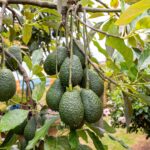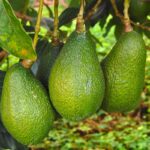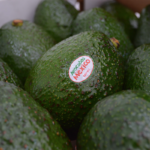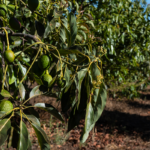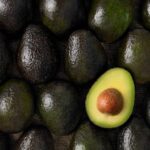U.S. Jalisco halt is definitely about potatoes, claims Mexican avocado rep
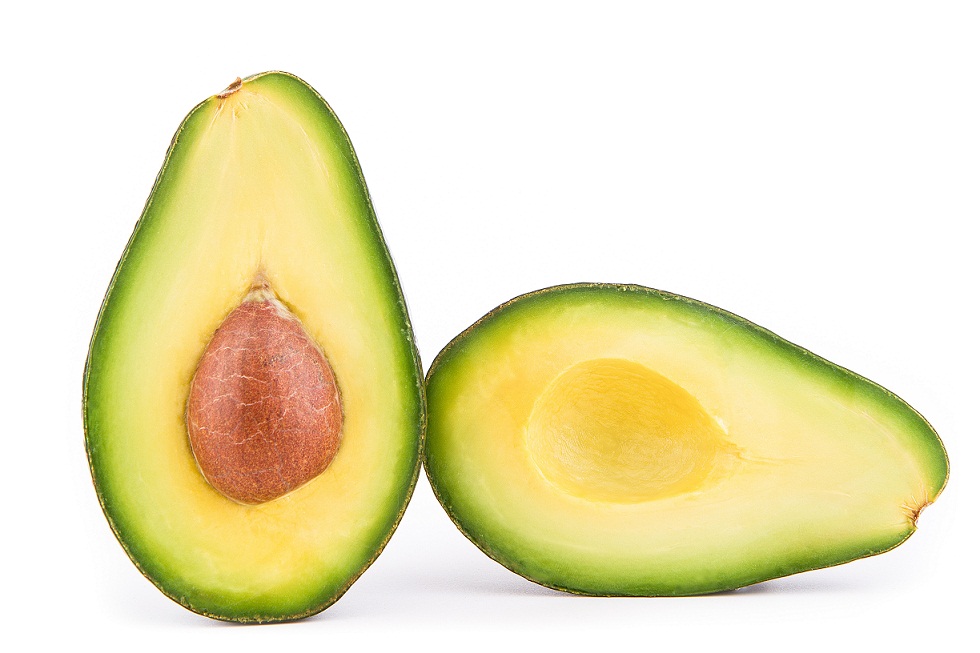
As concerns mount in Mexico over a proposed import tax from the new U.S. Administration, an avocado industry chief has spoken candidly about what the measure would mean for consumers of the in-demand fruit.
And he also firmly believes an administrative backflip on permitting avocado imports from the state of Jalisco has everything to do with attempts from the U.S. to gain access to the Mexican potato market.
Speaking with Fresh Fruit Portal, Avocado Producers and Exporting Packers Association of Mexico (APEAM) advisor Ramon Paz said it was still unclear whether the proposed tax would go ahead and if it would apply to fresh products.
However, if it went ahead it would mean Mexican growers would "have to adjust to a new business environment".
"We'd have to revise the cost structure and probably we’d have to revise prices," Paz said.
"What is certain is that a tax of this nature is a total diversion from NAFTA (North American Free Trade Agreement), which is still in force."
With or without an import tax, the U.S. is by far Mexico's leading export market for avocados. The amount of avocado sales anticipated during the Super Bowl week alone - 100,000 metric tons (MT) - is as much as annual exports to the next two largest markets combined, Canada and Japan.
Other markets, such as Europe and China, are expected to each import one fifth of that amount this season, although the Chinese market is roughly doubling its imports of Mexican avocados each year.
And speaking of the Super Bowl, which Paz said accounted for around 10-12% of U.S.-bound exports for the year, sales would likely be unaffected even if a tax were imposed immediately.
"All these things that are in the air right now will not have an impact on fruit supply for the Super Bowl as most of the fruit has already been imported in the United States," Paz said.
"We’ll keep loading heavily this week and next, but we could say 70-80% of the fruit that will be consumed in that week is already in the United States," he said, adding Avocados from Mexico (AFM) planned to go ahead with its third large-scale advertising campaign during the football game.
A new trade war
While all of Mexico's current avocado supply to the U.S. comes from the state of Michoacan, last year a rule was announced to allow avocados from all Mexican states.
This is most relevant for the state of Jalisco, where a solid export industry is already established for Asian and European markets.
And as leading U.S. players had been moving in to the state to capitalize on the anticipated opening, it was to the sector's dismay that the first shipments were recently rejected.
Jalisco's Minister of Rural Development (SEDER), Héctor Padilla, told the local press he believed the delay related to negotiations over potato market access, and Paz agrees.
"I don’t know how it will be resolved going forward. What we know is there's a conflict as the United States Department of Agriculture is linking the change in our avocado program, the signing of the new work program, with access for U.S. potatoes in Mexico," Paz said.
"That's essentially the problem behind it. The organized potato growers of Mexico have been very effective in advancing their protectionist agenda, and the market hasn’t opened to American potatoes so the Americans won’t sign the avocado agreement.
"It’s arbitrary that the United States does this but that’s how it is."
Photo: www.shutterstock.com


















